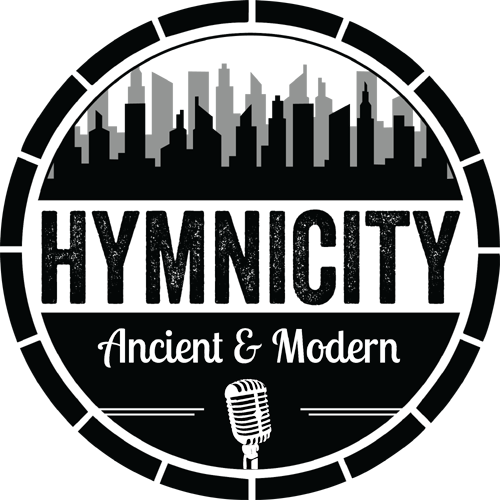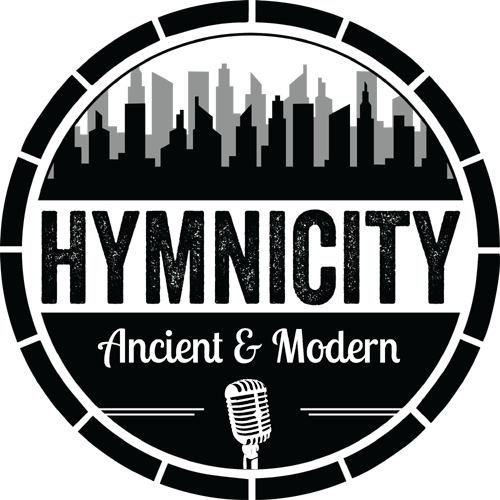What the Bible Has to Say About Singing, Part 5
Home » Blog » GeneralPosted by David L. Ward on October 27th, 2010
Let the word of Christ richly dwell within you, with all wisdom teaching and admonishing one another with psalms and hymns and spiritual songs, singing with thankfulness in your hearts to God. - Colossians 3:16 (NASB)
Colossians 3:16 instructs us about congregational singing in at least 7 ways.
- The CAUSE and COROLLARY of our singing is God’s Word
- God’s Word should be the CONTENT of our singing
- Singing is a COMMUNITY activity
- Singing is a COMMAND
- » There are a variety of CATEGORIES of congregational songs
- The CORE of singing is the heart attitude behind it
- The CULMINATION of singing must be God’s glory
There are a variety of categories of congregational songs
"...with psalms and hymns and spiritual songs..."
We've already seen that we should sing biblically saturated and gospel informed songs when gathered as a congregation and that everyone is commanded to participate in singing. Do we have any insight into what kinds of songs we are to sing? Should they be short, simple songs, long Psalm paraphrases, four part hymns, choir anthems, or solo presentations? While this passage and the New Testament don't go into as much detail as we might like about these questions, one thing seems clear – the church was (and is) to sing a variety of different kinds of songs.
Paul uses three different terms for songs in this passage. Theologians debate over precisely what kinds of songs are represented by these terms, but at the very least we can agree that they represent three different categories of songs. There was something different enough about each form of song that it warranted a separate term to describe them. A first application, then, of this passage is that we should use a variety of different kinds of songs within our congregation's life of worship. What that variety will look like will vary from congregation to congregation since each church's cultural background and maturity level differs. Even though we can't be authoritative about what the three types of songs were, from my study and reading I'd like to make some suggestions. Perhaps they will be helpful for us as we think through the different kinds of songs we can use in public worship today.
First, Paul uses the word "psalms." Even though this is a general term that can be translated "songs," this is most likely referring to the book of Psalms in the Old Testament. Even though Paul is writing to Gentiles in Colossi, they apparently made use of the existing Hebrew worship songs, probably with the same tune or musical style. This would have been very different from their Greco-Roman cultural music. Let this be a reminder that we should continue the tradition of using the Psalms in public worship. That can be accomplished in a variety of ways – everything from Scripture songs based on the Psalms to Psalters (metric paraphrases of Psalms set to hymn tunes) to various kinds of chants, or even just with readings or readings set to music. Let this also be a challenge to stretch our congregation's stylistic boundaries and make use of the music from other cultures (or sub-cultures) to promote musical cross-cultural awareness and appreciation, flexibility in worship, and the ability to more easily participate in singing with believers from other cultures when our members travel.
Second, Paul uses the word "hymns." This term most likely refers to Christian songs written after the resurrection of Jesus intended for congregational singing and used in many churches, not just one local church. We have several examples in the New Testament of what appear to be important doctrinal summaries set in a poetic form that probably functioned as song lyrics. Take 1 Timothy 3:16, for example:
He was manifested in the flesh,
vindicated by the Spirit,
seen by angels,
proclaimed among the nations,
believed on in the world,
taken up in glory.
This practice is analogous to what we would usually think of today as a "hymn" – a more theologically rich song that follows a common meter and is musically flexible, lyrically biblical, and of an aesthetic quality high enough to be used by a variety of churches and endure through generations. Let this be a reminder for us to use good songs about the character and works of God that are rich in doctrine and have been used and embraced by other churches.
Third, Paul uses the word "spiritual songs." I am persuaded that this refers to songs written at a particular local church which are often more personal or spontaneous. For an example of this kind of song, look to 1 Corinthians 14:26 where Paul says, "When you come together, [for public worship] each one has a hymn, a lesson, a revelation..." The kind of song he is describing is brought by an individual, not necessarily a leader or professional musician. Whether this was a song they taught the congregation to sing or simply a solo presentation that functioned as a testimony to God's work in them, we can't be sure. But since it came from the church body in general, I'd guess that the songs tended to be less academic and more experiential. As long as a singer or musician has an eye to edify the church and not simply use the opportunity to demonstrate their gifts and receive accolades, solo presentations are a wonderful way for believers to share their testimony and Christian experience with others. I believe that it's wise, however, to limit the number of musical solos we use because of our culture's tendency to elevate singers and performers, and to become passive listeners rather than active participants when we observe a musical performance.
In summary, the Lord commands us to sing to one another in a variety of ways. As long as the songs we sing are biblically informed, gospel saturated, and edify the whole assembly, we should sing congregational, solos, and even choir presentations. Let's not forsake the tradition of making use of the Psalms in Christian worship and also not neglect using widely accepted great hymns of the faith from generations before us. Let's also encourage the writing and presenting of fresh songs from our own congregations, even if they don't rise to the merits of the songs of Wesley and Watts.
Next time we'll explore what it is about singing that God cares most about.


 Featured Song
Featured Song

